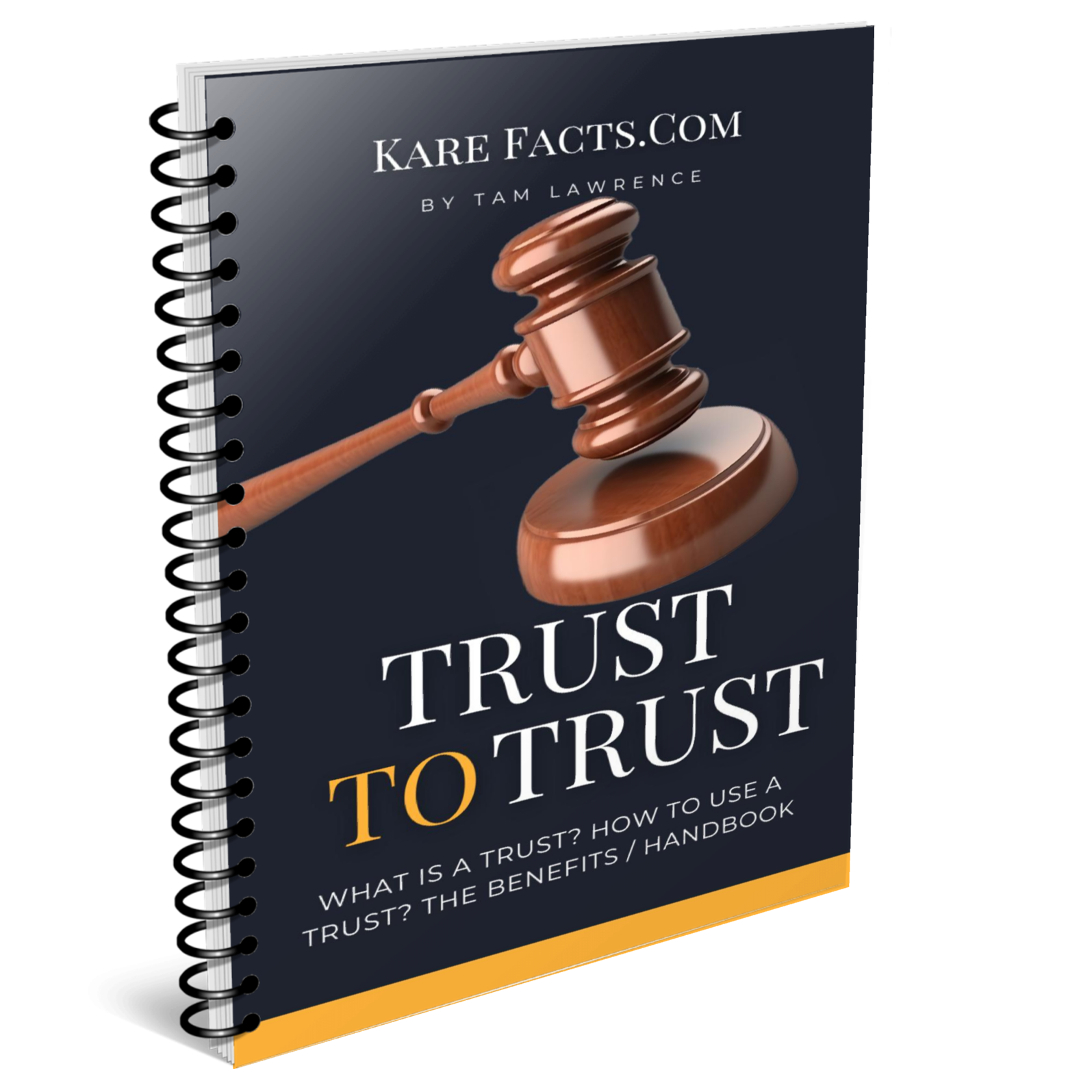Origin of Public Speaking:
Historical Lifestyle of Speakers
Public speaking, an art and practice with roots deep in human history, has been a cornerstone of societal development and communication for thousands of years. Its origin can be traced back to ancient civilizations, where the spoken word was a powerful tool for persuasion, education, and governance.
Ancient Egypt: The Early Stirrings
Public speaking began to take form in Ancient Egypt, where orators played significant roles in religious ceremonies and governance. Priests and scribes, skilled in rhetoric, would deliver speeches to convey the decrees of the gods or pharaohs. This early form of public speaking was deeply intertwined with the culture’s spiritual and administrative life.
Classical Greece: The Birthplace of Rhetoric
The art of public speaking truly flourished in Classical Greece, where it was formalized as a crucial skill for citizens. The Greeks, particularly in the city-state of Athens, highly valued rhetoric—the art of persuasive speaking. This era saw the emergence of prominent figures like:
- Demosthenes: Known for his powerful oratory skills, Demosthenes became a model for eloquence and persuasion.
- Aristotle: His work, “Rhetoric,” remains a foundational text on the principles of effective public speaking, emphasizing ethos (credibility), pathos (emotional appeal), and logos (logical argument).
Public speaking was integral to the democratic process in Athens, where citizens would gather in the Agora to debate and discuss matters of policy and justice.
Ancient Rome: The Spread of Oratory
The Romans, influenced by Greek rhetoric, further developed public speaking. It became essential for legal proceedings, political discourse, and ceremonial occasions. Key figures included:
- Cicero: A statesman and orator, Cicero’s works on rhetoric and his speeches are still studied today for their mastery of persuasive techniques.
- Quintilian: His “Institutio Oratoria” provided comprehensive insights into the training and development of orators.
Public speaking in Rome was not just for politicians; it was a valued skill for any educated Roman, essential for participating in civic life.
The Middle Ages: The Church and Scholasticism
During the Middle Ages, the Christian Church became the primary institution for public speaking. Sermons were the main form of public oratory, delivered by clergy to convey religious teachings and moral lessons. Monastic schools and universities later emerged, where scholars like Thomas Aquinas would lecture, keeping the tradition of rhetoric alive.
The Renaissance: A Revival of Classical Ideas
The Renaissance brought a revival of classical learning and rhetoric. Humanists like Erasmus emphasized the importance of eloquence in education and public life. The printing press’s invention also played a crucial role, as it allowed the widespread dissemination of rhetorical texts and speeches.
Modern Era: Expanding Horizons
In the modern era, public speaking evolved with the advent of new technologies and changing social dynamics. Key developments included:
- The Enlightenment: Thinkers like Voltaire and Rousseau used public speaking to advocate for social and political reforms.
- The Industrial Revolution: Public speaking became a tool for social movements, including labor rights and women’s suffrage.
- The Digital Age: The rise of radio, television, and the internet transformed public speaking, enabling speakers to reach global audiences instantaneously.
Conclusion
Public speaking has evolved from ancient rituals and democratic forums to modern political campaigns and digital platforms. Its rich history reflects the changing ways societies communicate, persuade, and inspire. Understanding its origins helps us appreciate the power and importance of the spoken word in shaping human history and culture.
Whether in ancient temples, Greek agoras, Roman forums, medieval churches, Renaissance courts, or modern stages and screens, public speaking remains a vital and dynamic force in our world.



